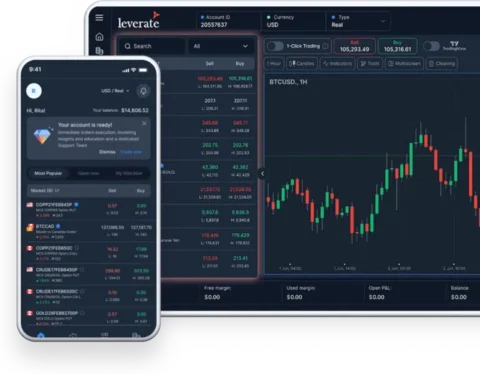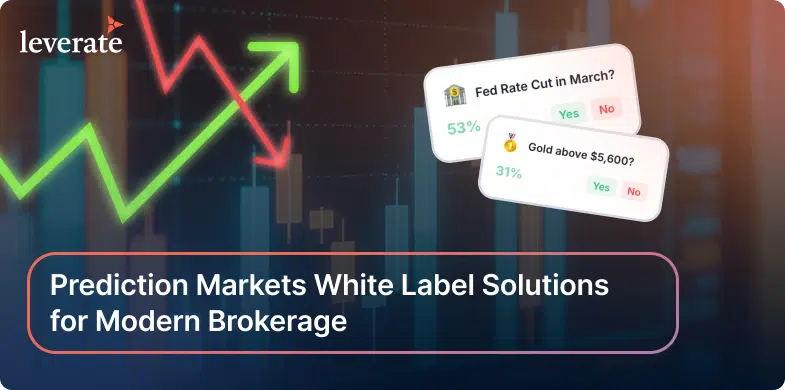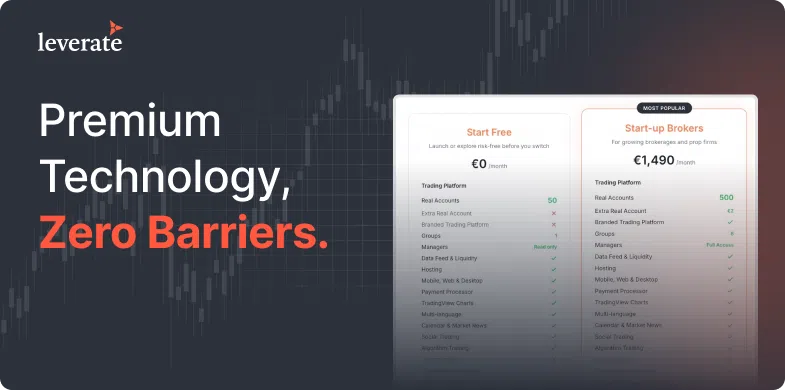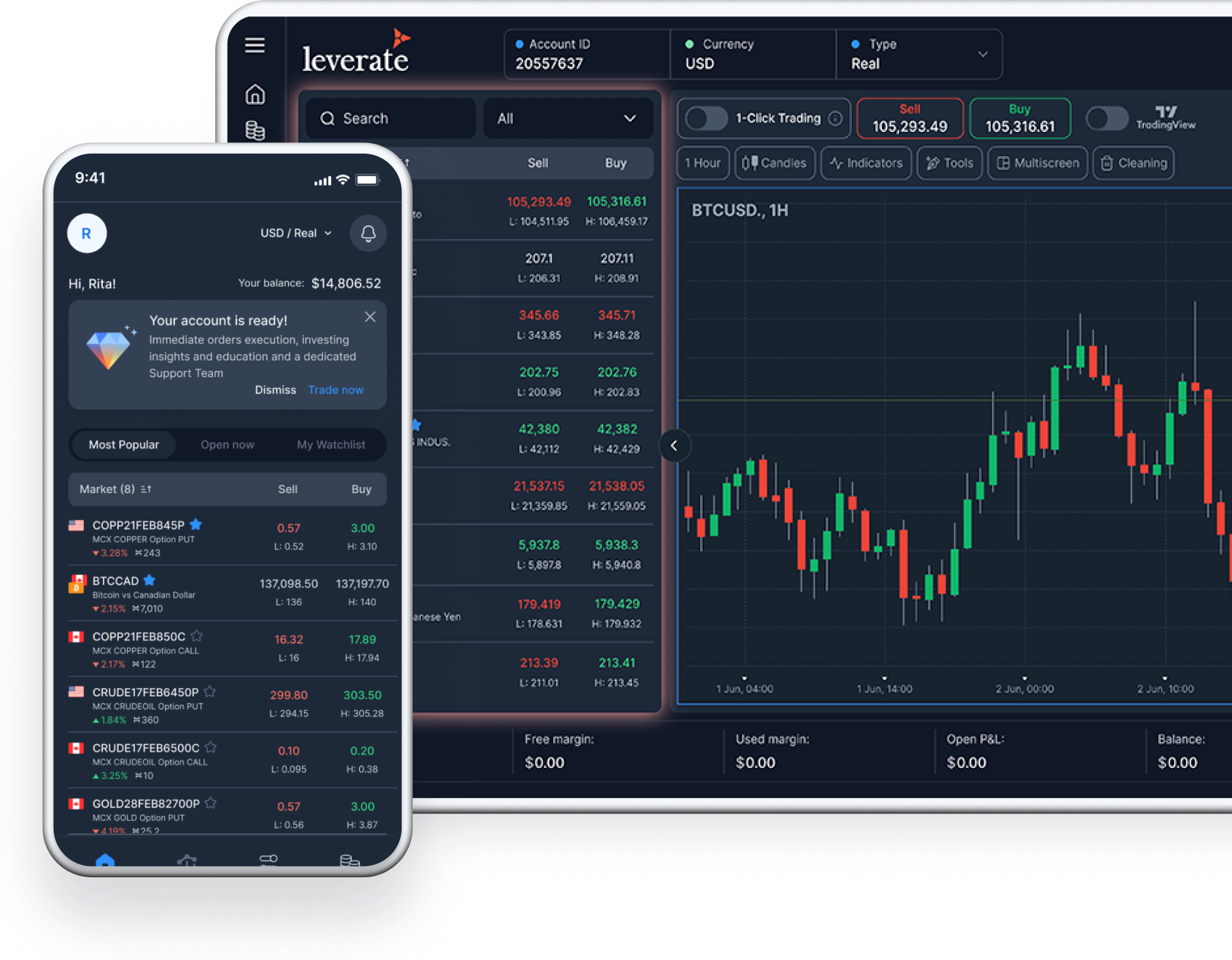
In the last five years, several new ways to experience the thrill of leveraged CFD trading have been introduced for traders and brokers. One of the trading models that gained huge momentum with growing demand is Prop trading.
Prop Trading – how does it work?
A proprietary trading firm, often referred to as a prop firm, is a company that offers traders the opportunity to trade with the firm’s capital. In exchange for this access, traders typically agree to share a portion of the profits they generate.
There are many propriety trading firms, also known as prop trading for short. Prop firms vary from each other in their services, packages, and products, but they all have one thing in common. They offer the novice and the intermediate trader a unique mix of offerings that share the best from each world.
Traders interested in trading CFDs on FX, shares, commodities, and crypto can experience the thrill and opportunity of these unique trading instruments. Prop firms would offer education and limited risk of loss due to the steady and structured way that this product serves and engages the end user.
Unlike traditional investment firms, prop firms do not handle client funds. Instead, they focus solely on trading their own capital and retain a percentage of the profits generated from successful trades by revenue share. To become a trader at a prop firm, the firm will typically conduct some auditions during the trader selection process. Prop firms only choose highly skilled traders who pass their challenges as determined by the roles the prop firm sets.
A Prop Firm Challenge is a structured evaluation process designed to identify skilled traders who can potentially join the prop trading firm and trade the firm’s capital. These challenges are a crucial entry point for aspiring traders who wish to access substantial trading capital and the opportunities it brings. Each prop firm may have its own set of rules and requirements for their challenge. However, there are some common rules that most prop firms follow. These include Maximum daily loss, profit targets by day, maximum overall loss, and more.
However, it’s crucial to consider the legal and regulatory landscape before jumping in.
Legal and Ethical Dilemmas in Prop Trading
The legality of Prop firms has been a topic of debate. Regulations like the Volcker Rule and the Dodd-Frank Wall Street Reform and Consumer Protection Act have made it more difficult for banks to engage in proprietary trading. As a result, many banks have shut down their proprietary trading functions or separated them from their core businesses.
Nonetheless, some specialized prop firms offer proprietary trading as a stand-alone service. These firms are typically not regulated, but they generally use their own capital for trading instead of client funds.
Although this lack of regulation makes it easier for traders to receive funding from prop firms, it also means that they may not have adequate protections and may be responsible for deciding whether to trust a particular prop firm.
Regulatory Ease for Prop Trading Firms
The regulatory ease for many prop trading firms is found in the fact that the education products and challenges are easily managed and operated. Many times, end-users purchase challenges that lead to growth in trading experience.
These challenges are easily operated by the prop firms and have much easier clearing and kyc conditions as well as less reporting and regulatory or operational costs. Some of the users who turn out to be sophisticated and successful traders are part of second-stage revenue creation by trading and sharing the loss or potential profit of the prop firm’s own account with a third-party broker.
In all cases, the regulatory process for opening a Prop firm is much lighter, as on the one hand, the prop firm, does not hold client funds and is less likely to have potential issue if cyber-attacks or unexpected risks that might danger client funds.
Conclusion
To sum it up, the exciting world of prop trading enables trading academies, entrepreneurs, and social influencers, to engage with potential traders without the need to have a licensed financial institution (Brokerage), but rather create challenges and connect successful traders to funded accounts.
This trading method enables substantial ease with minor regulatory restrictions on one hand and offers a light and seamless trading experience for the end user’s journey from novice to experienced trader.
To streamline the process and access essential tools and integrations affordably, consider a white-label prop trading platform that will lead your firm to success and help it reach its goals quickly and efficiently.
Leverate provides prop turnkey solution that offer everything you need in one place, from trading platforms to liquidity, CRM, Trader dashboard, and client zone.
Leverate offers a seamless experience for all your prop firm needs. Partner with us and join the top-notch prop firms. Our team is ready to help you on your journey toward success in proprietary trading. Contact us to get started today!



















